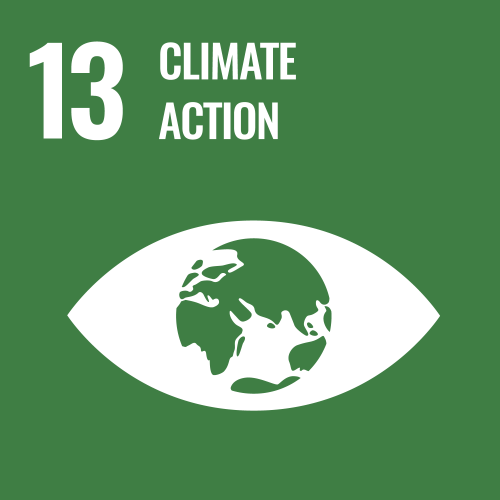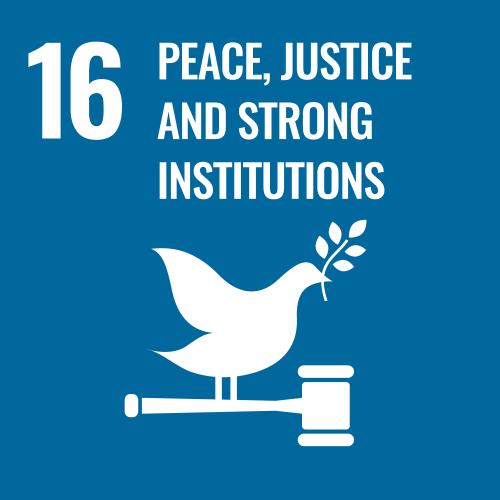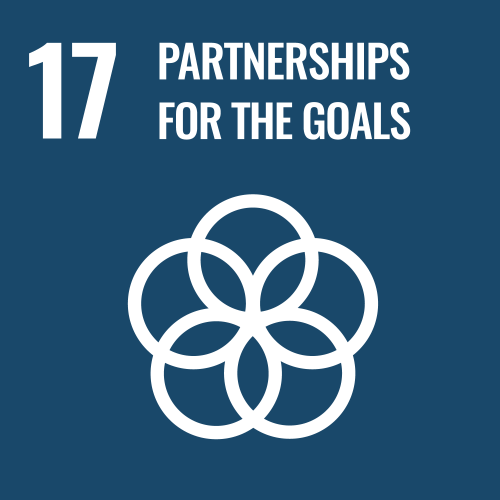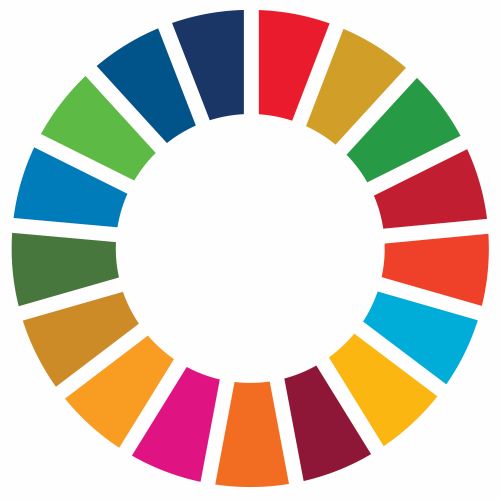
08/08/2025
The European Union, through the EU-Caribbean Cooperation Facility project, facilitates the exchange of experiences and best practices from Martinique and Guadeloupe in sargassum management with representatives from the Government of Grenada and the OECS.
A delegation representing institutions from the Government of Grenada and the Organization of Eastern Caribbean States (OECS) took part in a study visit on the management and assessment of sargassum as part of the European Union’s collaboration with this region on this issue. The visit was organized by the EU-Caribbean Cooperation Facility project led by FIAP and funded by the European Union, bringing together five ministerial representatives from Grenada and four representatives from the OECS.
The Caribbean basin faces recurring and increasingly severe influxes of sargassum seaweed, which seriously affects marine ecosystems, tourism, fishing, and coastal livelihoods. In response, OECS countries, and Grenada in particular, are seeking effective and replicable solutions for monitoring, collection, treatment, and recovery.
Through the Global Gateway Investment Agenda, the European Union and its member states, together with their financial institutions and the private sector, are at the forefront of the response to this need.
In this vein, work is underway to change the perception of sargassum, which must shift from being a challenge to an opportunity for innovative companies. The goal is to drive innovation and investment through public-private partnerships.
The development of commercial uses for sargassum can be transformative, but it requires a regional approach with actions on a scale that addresses the magnitude of the challenge and can guarantee simultaneous benefits for multiple countries.
The French regions of Martinique and Guadeloupe have become leaders in this field after developing institutional and technical models that could be replicated in other countries.
This study visit has provided the delegations from Grenada and the OECS with practical experience in which they have explored successful and inspiring local initiatives for the management and valorization of sargassum.
In the words of Special Ambassador Enoe, these exchanges have contributed “to reinforcing the idea that sargassum management is not just about cleaning beaches or recovering biomass, but also about protecting people and communities.”
During the visit to Martinique, the delegation learned about the experience of the SARA refinery, which is dedicated to energy recovery solutions; the HOLDEX platform, which participates in composting initiatives; and the Filets Drom system, an innovative method of collection at sea.
For its part, the visit to Guadeloupe provided an opportunity to exchange ideas with the cooperation department of the Guadeloupe Region; a round table composed of institutional actors, scientists, and interest groups involved in sargassum management; and field visits.
In addition, the foundations have been laid for institutionalized cooperation between Guadeloupe and Grenada through the signing of a Memorandum of Understanding (MoU), which is in the process of being formalized.
The study visit has provided a unique opportunity to strengthen synergies between public and private actors and pave the way for efficient bilateral, regional, and international cooperation in the face of upcoming regional challenges.
The third EU-Caribbean Conference on Sargassum will be held on October 8, 2025, in Brussels. It will focus on pragmatic and concrete solutions within the framework of the EU-Global Gateway initiative, which have proven effective in the field. FIAP, through the EU-funded EU-Caribbean Cooperation Facility Project, is supporting the organization of this Conference.



